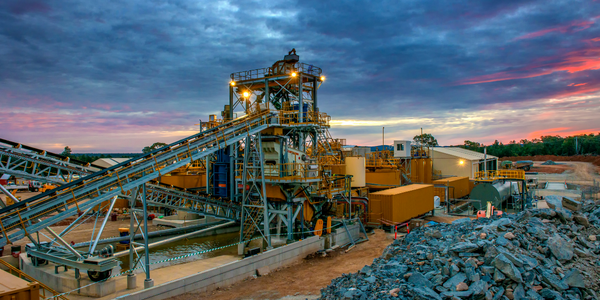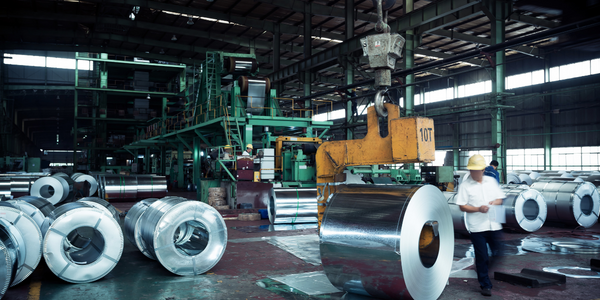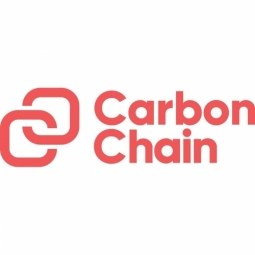- Platform as a Service (PaaS) - Application Development Platforms
- Sensors - Gas Sensors
- Metals
- Transportation
- Logistics & Transportation
- Continuous Emission Monitoring Systems
- Supply Chain Visibility
Niche Fusina Rolled Products is a leading producer of industrial rolled aluminum products globally. The plant is situated in the industrial area of Fusina, near Venice, and was established to support the Italian aluminum industry. Over the years, the plant has seen ownership changes and significant investments to upgrade the equipment and maintain a competitive position in the market. The plant, composed of a cast house and rolling mill, manufactures finished products such as 'sheets', 'plates', and 'shates', with a production capacity of 75,000 metric tons. It specializes in serving the commercial transportation, marine, and general engineering sectors.
Niche Fusina Rolled Products (Fusina), an Italy-based aluminum rolling mill, faced the challenge of providing its customers with detailed carbon footprint information for its tailor-made coils, metal sheets, and plates. The company aimed to enable prospective buyers to make informed purchasing decisions based on the average product carbon footprint. Additionally, Fusina wanted to provide customers with a carbon footprint report attached to their invoices, which could be used in their own Scope 3 reporting and product lifecycle calculations. The challenge was to roll out this scheme immediately, starting with marine and road transportation products delivered into Germany, Italy, Benelux, and Scandinavian markets, with the expectation to expand it across all Fusina’s products and countries by early 2023.
To address this challenge, Fusina partnered with CarbonChain, a carbon accounting platform, to calculate the carbon footprints. The measurements included all greenhouse gas (GHG) emissions as carbon dioxide equivalent (CO2e), using the ‘cradle-to-gate’ approach. This approach covered all upstream supply chain emissions associated with input materials (primary and scrap aluminum), from the extraction of bauxite at the mine to delivery at Fusina’s plants, and all process emissions involved in operating Fusina’s integrated plant, which contains a cast house, rolling mills, and finishing lines. As part of making product emissions available to customers, Fusina calculated its entire corporate carbon footprint associated with manufacturing aluminum (Scopes 1, 2, and 3), to understand the impact of existing efforts towards emissions reductions, including recycling on-site and use of 30% scrap in input aluminum, and to proactively continue to identify ways to reduce the carbon intensity of its products, production, and supply chain.

Case Study missing?
Start adding your own!
Register with your work email and create a new case study profile for your business.
Related Case Studies.









